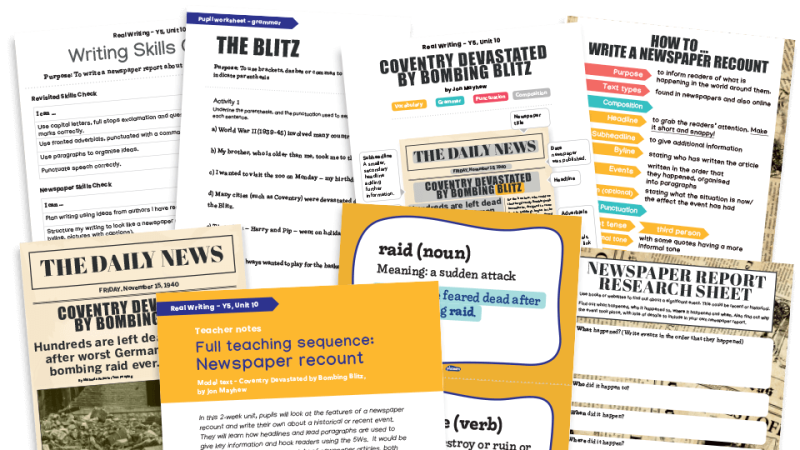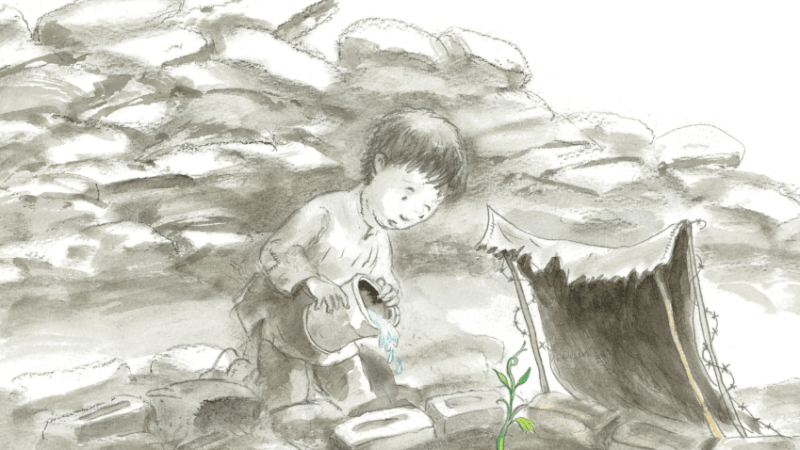Creating A Successful School Is Not As Simple As Ticking The Right Boxes

"Being specifically gifted in performing a task does not make you adept at showing others how to do it"

Growing up, I heard a number of ideas about my life and the world around me. They came from a variety of sources: my mom, my teachers, my grandparents. All people who, aside from some of these ‘convenient truths’, had a staunch track record of honesty and integrity in my life.
One of my favourites was that cracking your knuckles will give you arthritis. Nope. Completely untrue. Cut a worm in half and you’ll get two worms? Unfortunately also incorrect. Dropping a penny off a really tall building will kill people below. Chewing gum stays in your stomach for seven years. Chameleons blend in to their surroundings. Nope. No way (don’t ask how I know that) and no (they do change colours, but mostly for temperature regulation or communication).
How was it that some of the people I trusted most in my life came to promote such incorrect beliefs? Someone trusted told them? They are quick and easy answers to the inquisitive mind? It sounded plausible? The reality is, probably all of the above and more.
Unfortunately, primary schools are not free from promoted ignorance: beliefs that run deeply through them, driven by the way things have always been done, convenience or a lack of effective solutions.
Having had the absolute privilege of doing advisory work in a variety of primary schools and having hosted hundreds of colleagues at Three Bridges in the last couple of years, it is hard to escape two myths that permeate almost every school: firstly, that the key to being a great primary teacher is strong subject knowledge and secondly, that school improvement is driven by frequent and measured teacher observation.
Subject knowledge is secondary
It sounds crazy. Surely you have to know what you’re teaching in order to be able to teach it effectively. But, to use a subject knowledge analogy, the order of operations is a crucial element here.
Simply knowing how to add or subtract, multiply or divide, is not enough. In education, you need to know how to teach effectively before you know what to teach. This must be a shared responsibility between school leaders and teachers. It must be shaped and crafted intentionally over time, in a culture of challenge and support, where everyone is learning and reflecting on their practice.
There are millions of pounds spent every year on subject content resources – some incredible, some less so. But how to teach – that’s not something you can pick up off the shelf. It takes years of discussion, challenge, support, reflection and practice, whereas two plus two will always be four.
The teachers I remember from primary school, the ones that sparked within me a life-long love of learning, were not the subject experts. They knew how to deliver information in a way that engaged and inspired me. First they learnt how to be great teachers, then they learnt what was great to teach.
Generally amazing, not specifically gifted
This is the age-old adage that the best players don’t make the best managers. Being specifically gifted in performing a task does not make you adept at facilitating or showing others how to do it. This has been shown to us time and time again.
We don’t need to have a maths degree to be an effective primary school maths teacher. Schools do need to provide extensive training and support in how to deliver a successful maths curriculum but, more importantly, school should be providing a cracking maths programme.
The days of trolling the internet for worksheets or lesson sequences should be long gone. Leaders, in partnership with teams of teachers, need to take ownership for the programmes that lay the foundations of content. Let the maths experts design the maths. Let the teachers, leaders and pupils design the learning.
There should be no confusion in a school about what great pedagogy looks or sounds like. Galvanising everyone towards common approaches and vision through collaboration is at the heart of all great schools.
Lesson observation for learning
Observing teaching is one of the most overrated ideas in primary education. You may ask, ‘How will we know what’s going on if we don’t get in there and watch, or look through the books?’ Ask and listen. It sounds ridiculous, doesn’t it? Successful leaders create cultures in which their staff feel comfortable asking for support and identifying areas to improve. This isn’t to say you shouldn’t be in and out of classrooms or looking in pupils’ books. It means that your first port of call should always be leading learning in a culture of trust and development, not evaluating teaching in a culture of scrutiny and fear. Get rid of monitoring cycles and create development cycles.
Take responsibility
As a school leader, I take significant responsibility for the development and leadership of subject specific pedagogy across the school. I deeply involve myself in reading and research. I lead staff meetings that involve cycles of reading and reflecting, going away, having a play, reviewing and designing. Surely, if the train is derailing in a classroom, I must have some responsibility for that? Where have I not supported? What was unclear? Is our induction programme effective? How can I support in a better way?
At my school we constantly discuss and improve our practice together. Most recently we looked at our maths journals and compared them to those of Singapore’s primary schools. We identified strengths from both approaches. We are currently in the ‘go away and have a play’ phase, whereby teachers are trialling different approaches to journaling to enhance our own practice.
In the summer, we will reconvene and see what worked, when it worked, when it didn’t, what we consider ‘working’ to look like and discuss how to move forward together. We will support one another in a culture of improvement, not scrutiny. A culture of interaction, not evaluation.
Interactive and focused processes like lesson study or team planning and teaching have far greater impact on school improvement than subject knowledge or teaching observation. Will every teacher get it straight away? No. But we know about schools the same things we know about times tables: rote learning is short term and instrumental only.
Schools where a leader swoops in, staff turnover is high and results improve quickly don’t last. Productive failure, which takes well crafted challenge, intelligent practice and time – that is where the long term learning is. Those are the schools that remain great. The inconvenient truth is that if we want our schools and teachers to flourish there is no quick fix, no box to tick. Schools that don’t change will find themselves bereft of incredible staff, stuck in a recruitment crisis. Leaders that don’t change will be driving it.
Top teacher traits
- Passionate commitment that every child can and will achieve.
- A love of children, enacted through caring professional relationships
- Pedagogical content knowledge (how to identify, present and explain key concepts for retention beyond tests).
- Collaborative working systems with other teachers, involving shared planning, observation and discourse.
- Constant questioning, reflecting and modifying of their own practice.
Top school traits
- Galvanise consensus on vision and values.
- Organise systems of teaching and learning.
- Opportunity for formal and informal leadership.
- Buffer teachers from distractions to work (marking, Ofsted, unnecessary workload).
- Build strong relationships within and between staff.
Jeremy Hannay is headteacher at Three Bridges Primary in Southall, London. Follow him on Twitter at @hannayjeremy.
For more Primary school management advice download our free PSM magazine here.












